Keywords: Voice To Parliament
-

AUSTRALIA
- John Warhurst
- 31 March 2023
2 Comments
This life story of Tanya Plibersek, as told with great sensitivity and empathy by Margaret Simons, is a valuable reflection upon the engagement of a progressive modern woman with two of the great institutions in Australian history: the Labor Party and the Catholic Church.
READ MORE 
-
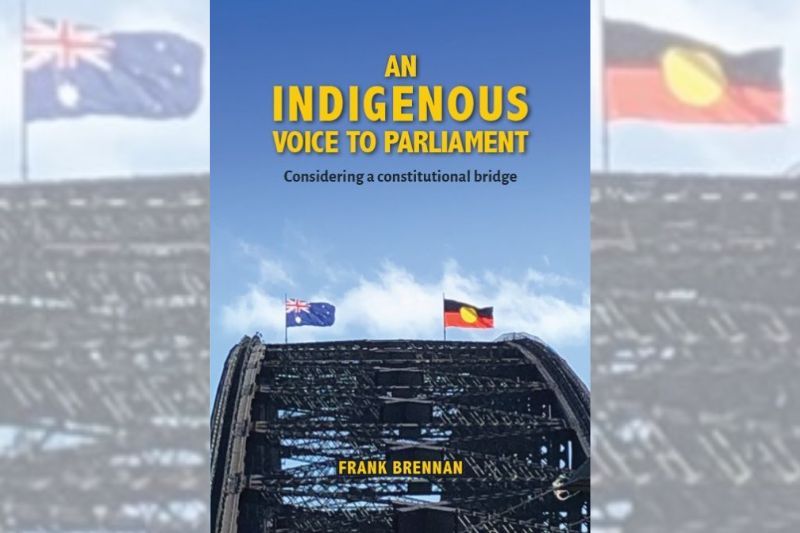
AUSTRALIA
- Andrew Hamilton
- 30 March 2023
4 Comments
Frank Brennan’s book An Indigenous Voice to Parliament is important in pointing out the difficulties facing the Referendum, the conditions to be met if it is to be passed, and in implicitly judging the current state of play.
READ MORE
-
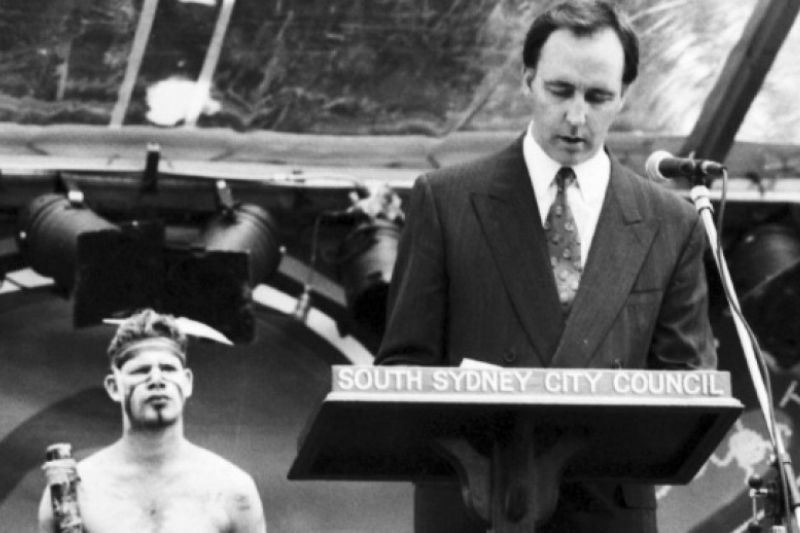
AUSTRALIA
- Kevin Keeffe
- 16 March 2023
10 Comments
Despite the lack of formal consultation with Indigenous peoples at the time, Paul Keating invested significant political capital in designing the Native Title Act and establishing a comprehensive social justice package. As the debate on the Voice intensifies, Indigenous Australians should be afforded the right to offer their Voice and be heard on issues as fundamental as native title.
READ MORE
-
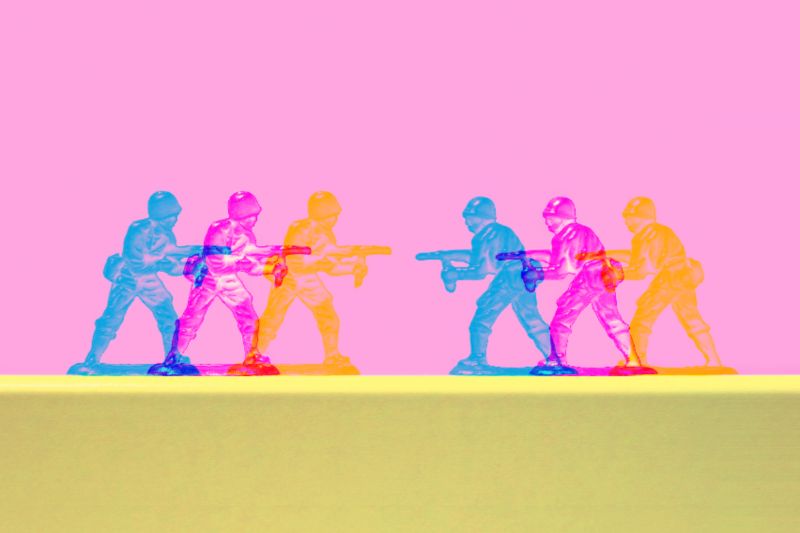
AUSTRALIA
- Andrew Hamilton
- 02 February 2023
6 Comments
Any discussion of the ethics of culture war should begin with the basic reality of human communication: to flourish, human beings rely on cooperation with other people. Speaking abusively about others weakens the necessary trust that lies at the foundation of a well-functioning society and inhibits the conversation about values necessary in a humane society.
READ MORE
-

AUSTRALIA
- Joe Zabar
- 31 January 2023
1 Comment
A welcome development in the Albanese government's reform agenda is the newly established Economic Inclusion Advisory Committee to examine the obligation placed upon governments to provide employment. While the principle of a job guarantee is essential to any social security reform, so too is the attitude we hold towards those who access welfare.
READ MORE
-
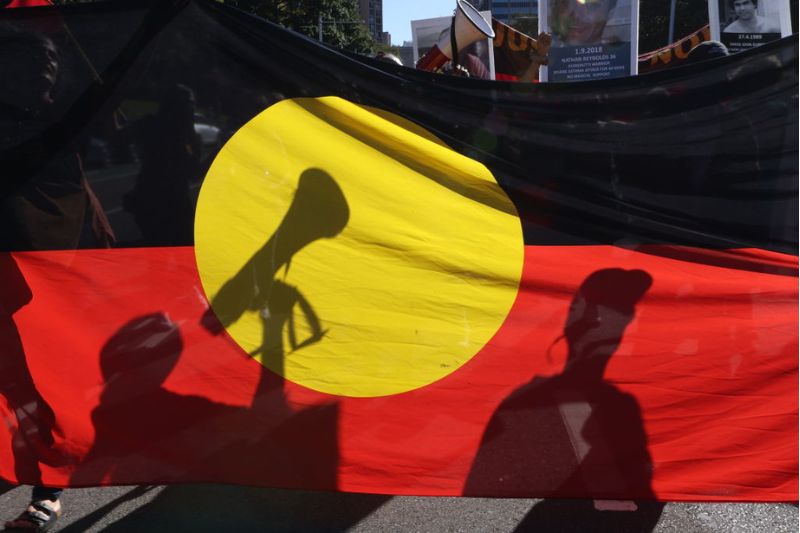
AUSTRALIA
- Andrew Hamilton
- 24 January 2023
18 Comments
Australia Day has long been a source of controversy for Indigenous Australians. This year, the Referendum on Indigenous Voice to Parliament promises to be a major battleground in the ongoing debate over Australian identity, and will serve as a reminder of the deep-seated history of dispossession, discrimination and the long road to reconciliation.
READ MORE
-

RELIGION
- John Warhurst
- 12 January 2023
The Church must speak up to be relevant, but those who seek to ‘speak for the church’ must be brave. They risk exposing themselves to claims of bias unless they stick to a very narrow agenda and speak in extremely measured terms. Yet if they are too bland they risk being irrelevant to the sharp end of political debate and their intervention becomes little more than a symbolic ritual.
READ MORE
-
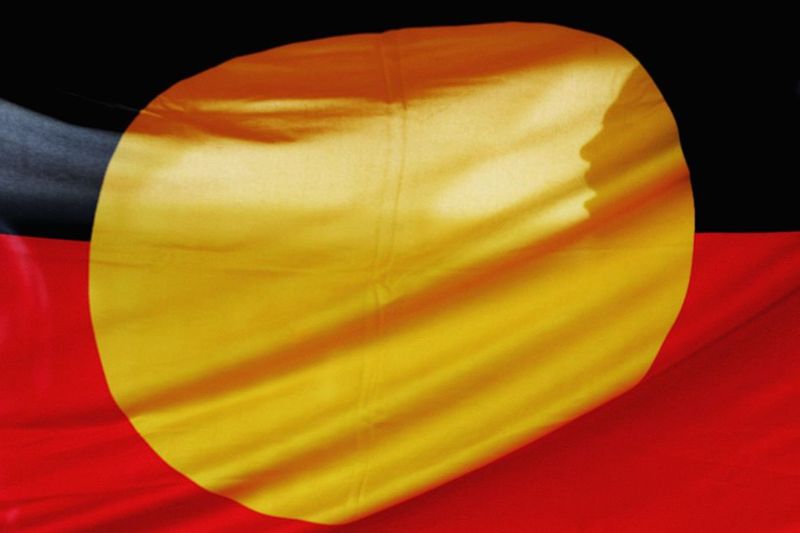
AUSTRALIA
- Frank Brennan
- 05 January 2023
We have a lot of work to do if there is to be any prospect of a successful referendum on the Voice to Parliament, which Indigenous people have put to us as the mode by which they want to be recognised in the Constitution. They have said they want a Voice. Now, we can debate whether it be a Voice to Parliament or a Voice to Parliament and government, or a Voice just about particular laws.
READ MORE
-
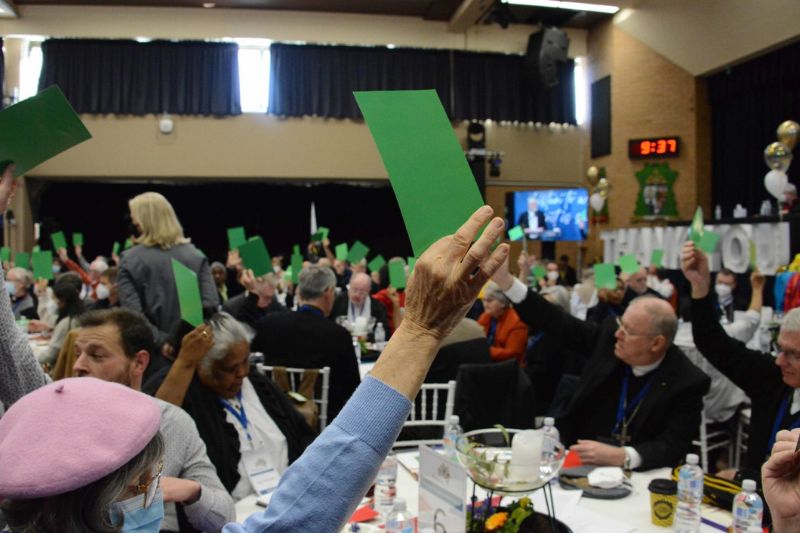
RELIGION
- Paul Collins
- 05 January 2023
The Plenary Council (PC) is over and the time has come for assessments. What did it achieve? In positive terms it brought together an enormously generous group of people whose dedication to Catholicism is extraordinary. It also demonstrated the diverse complexity of the community.
READ MORE
-
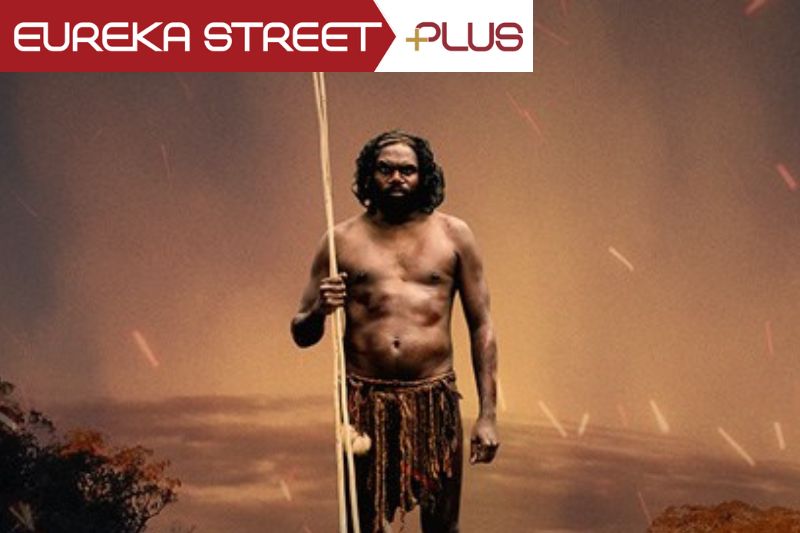
ARTS AND CULTURE
- Barry Gittins
- 20 December 2022
1 Comment
When we reflect on how best to live with the consequences of our shared, bloodied history, The Australian Wars calls for a counter-narrative; a re-positioning and re-phrasing of what has brought us to this point in our oft-stalled journey towards reconciliation.
READ MORE 
-
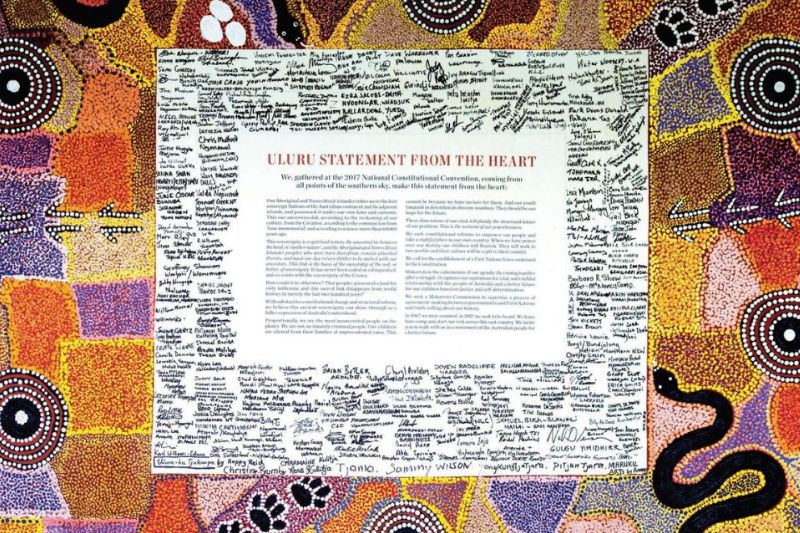
AUSTRALIA
- Glenn Loughrey
- 14 December 2022
1 Comment
In reflecting upon the Statement from the Heart, we need to explore what it is, what it is not, and how it works. The creative dynamic of the Statement is that it is a tool of justice and heart-healing. It is restorative justice writ large, involving the elements that make up the process leading to a resolution of the past and a creative response to the future by enacting justice in the present.
READ MORE 
-

AUSTRALIA
- Michael McVeigh
- 05 December 2022
1 Comment
I certainly don’t blame anyone for ignoring or boycotting the World Cup; there are plenty of reasons for doing so. But despite efforts of people behind the scenes to focus attention solely on the pitch, if you do pay attention, there are human stories on display, worth your time.
READ MORE 